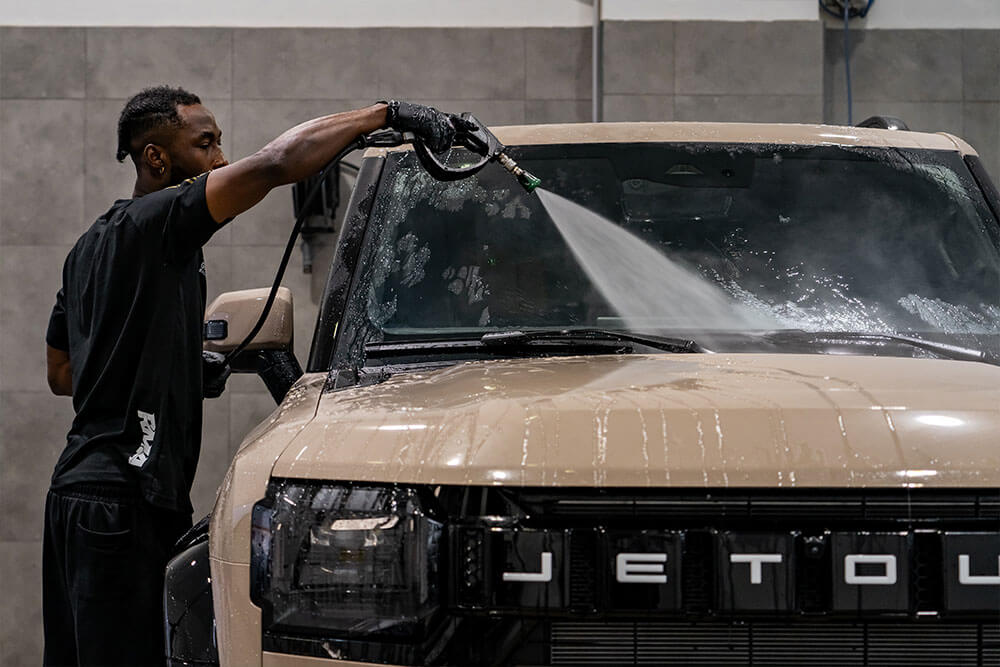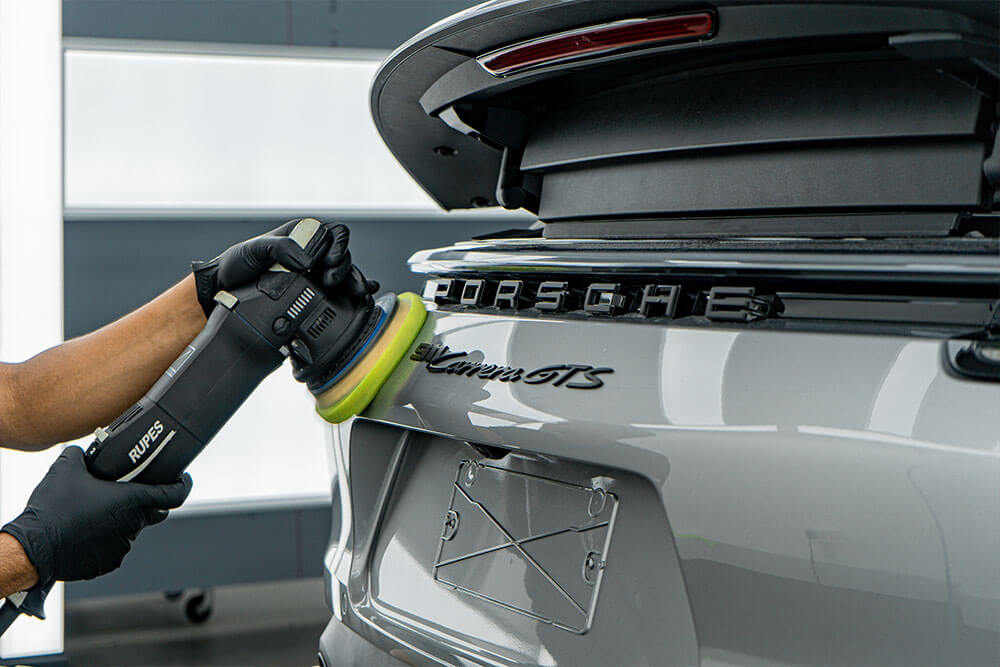
Living near the coast has its perks, especially when it comes to the breathtaking views and the warm, salty air. However, saltwater can take a toll on your car, leading to corrosion and rust if not properly managed. For residents of Dubai, where coastal living is common, protecting your vehicle from the harmful effects of saltwater is crucial. Let’s dive into practical ways to safeguard your car and ensure it remains in top condition for years.
Why Saltwater is Harmful to Cars
Saltwater from the sea contains a mixture of salt, minerals, and moisture. When exposed to your car’s metal parts, the salt accelerates the process of oxidation, which causes rust. Even in dry climates like Dubai, the salt from sea breezes can settle on your vehicle’s surface, leading to gradual damage. Over time, rust can affect the bodywork, undercarriage, and vital components of your car, leading to costly repairs.
Regular Car Washes
One of the simplest and most effective ways to protect your car from saltwater damage is to wash it regularly. After exposure to the beach or salty air, make sure to rinse off the undercarriage, wheels, and body to remove any accumulated salt. Salt can cling to the car’s surface, especially in areas where water doesn’t reach easily. Regular washing prevents the salt from eating into the metal and paintwork. Opt for a car wash with undercarriage cleaning options, as this can help wash away salt buildup in hard-to-reach areas.
Apply a Protective Coating
Protecting your car’s paintwork is essential when living near the coast. A high-quality wax or paint sealant can act as a protective barrier between the metal and saltwater. These coatings create a layer that prevents direct contact with the paint, which helps to reduce corrosion. Ceramic coatings are particularly beneficial, as they offer long-lasting protection and repel water and salt from the surface. A well-maintained protective layer can help your car’s exterior last longer and look pristine.
Use Rust Inhibitors
Rust inhibitors are products designed to prevent rust from forming on your car’s metal parts. Applying these products to the undercarriage, wheel wells, and other exposed areas can significantly reduce the risk of rust. There are various types of rust inhibitors available, including sprays, oils, and coatings that create a protective film over the metal. These inhibitors are especially important if you often drive near the beach or through areas with high salt content in the air.
Pay Attention to the Undercarriage
The undercarriage of your car is the most vulnerable area when it comes to saltwater corrosion. This part of your car is in constant contact with water, dirt, and salt from the road or the beach. To prevent corrosion, regularly inspect and clean the undercarriage, especially after trips to the coast. A pressure washer with a specialized undercarriage attachment can be used to remove salt residue and prevent long-term damage. If possible, consider applying an undercoating treatment to protect the exposed metal parts from rust and salt exposure.
Store Your Car in a Covered Area
If you live near the coast, it’s a good idea to keep your car in a covered garage or carport. Parking under cover protects your vehicle from direct exposure to sea air, which can carry salt particles that settle on your car. Even if you live in an apartment or do not have access to a garage, consider using a high-quality car cover designed to protect against corrosion and environmental elements.
Check for Early Signs of Damage
Regularly inspecting your car for any signs of rust or damage is essential to prevent corrosion from getting out of hand. Pay close attention to areas like the wheel arches, door seams, and the undercarriage. If you notice any bubbling or discoloration on the paint or metal, it’s important to address the issue immediately. Early intervention can save you from more expensive repairs down the road.
Conclusion
Saltwater is a persistent enemy of your car’s longevity, especially in a coastal environment like Dubai. Regular maintenance and protective measures can go a long way in preventing corrosion. By washing your car regularly, applying protective coatings, using rust inhibitors, and staying on top of inspections, you can ensure your vehicle remains in great shape despite the coastal conditions. Protecting your car from saltwater today can help you avoid costly repairs tomorrow.


